Socle technique
Technical Working Group of the Education and Skills Data Space
À propos de cette assemblée
This group focus on the deep technical aspects related to the Dataspace Education & Skills. It intersects between the needs identified and discussed in the others DASES working groups and the requirements and guidelines established by Gaia-X.
If you want to participate in this open group, please make sure you are familiar with Gaia-X guidelines and vocabulary. Here are a few GAIA-X publications to read:
Gaia-X publish his work on this Gitlab repository
We also recommend you to read the position paper (WIP) for the Dataspace Education & Skills: Education & Skills poition paper
If you are new to the edtech industry, you may also want to learn more about existing standards for various data-related topics.
Learning traces standards to be familiar with:
Skills referentials to be familiar with:
- European Skills, Competences, Qualifications and Occupations (ESCO)
- europass and Europass Digital Credentials
- Répertoire Opérationnel des Métiers et des Emplois (ROME)
- Formacode
- HR-RDF which extends HR-XML (WIP standards)
- nodefr (AFNOR/ISO standard)
You should also be familiar with Learning Tools Interoperability IMS LTI
General interoperabiity principles and data utilities:
Blockchain is also a key topic, with several applications in this dataspace such as identity, diploma and others verifiable credentials. You should be familiar with:
- Ethereum Virtual Machine (EVM)
-
European Blockchain Services Infrastructure (EBSI)
- Livre blanc : Les technologies blockchain au service du secteur public
But de l'action
Enable the free flow of education and skills data in Europe, in a human-centric, ethical and trustworthy space
Interoperability between educational systems and transfer of data between them is not a new issue. Several standards were developed over the year, especially with the development of LMS (Moodle, Canvas, etc) and various other digital tools used in the education sector.
However, none of these standards cover the whole range of application and needs. As a result, a lot of various standards co-exist and sometimes overlap.
The edtech market is booming and many solutions to various traditional education issues are being solved by very innovative companies. But this also means a lot of fragmented actors, with many different solutions that only solve a small part of the whole learner experience. Edtech companies are well aware of this issue and there is mutual agreement in the community that interoperability is the way forward for everyone. The ultimate goal is to offer an integrated and smooth (almost invisible) user experience to learners even if on the backend they use many different apps/technologies of various edtech companies.
Edtech companies are currently wasting a lot of money, time and effort to make their solutions compatible with other solutions on the market. This is especially true in the EU because of the additional fragmentation of the education market between each country with their own educational systems.
The solution is not to reinvent the wheel by creating another series of standards
Our approach is to identify what is missing in existing standards or referentials and how to extend them or make them more interoperable.
Organisation interne
If you want to join this working group, please fill this form here.
Sous-assemblées
This group focus on the deep technical aspects related to Artificial intelligence Services
This group focus on the deep technical aspects related to Decentralized Identity, contracting and co...
This group focus on the deep technical aspects related to Interoperability




Partager: